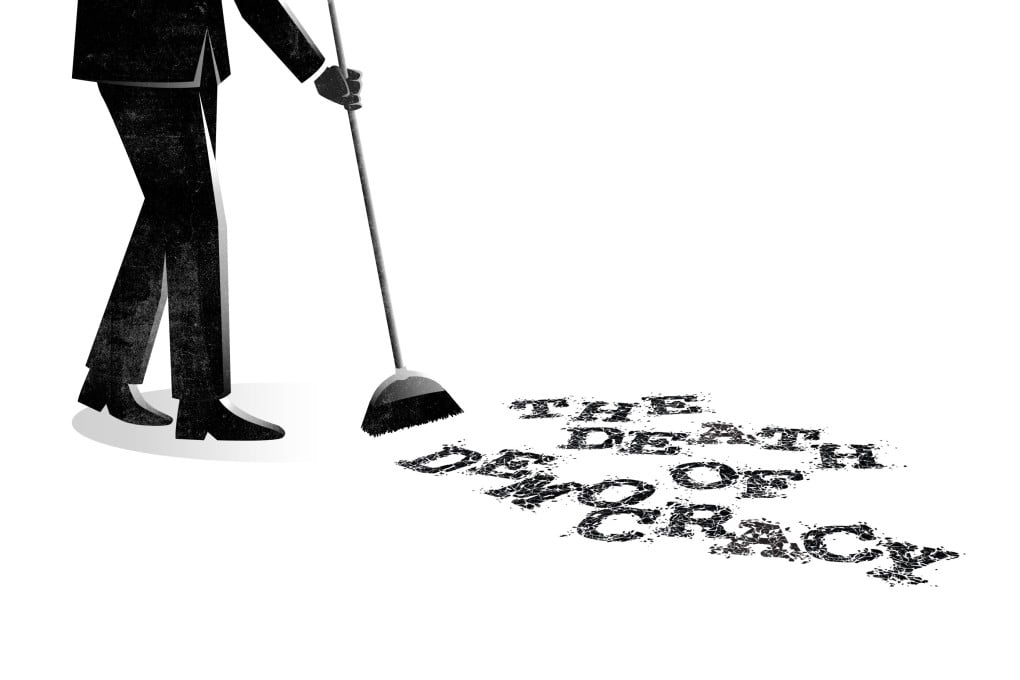Analysis | Battle for democracy: India, Hong Kong and Biden’s China bogeyman
- India, democracy’s most important test case, has important lessons on how the ideal is wrecked from within
- Democracy’s struggles are internal, not geopolitical. It needs to clean up its act, not pick fights with autocrats

It’s hard to imagine today, but there was a time not so long ago in Hong Kong when the biggest political story in town was unsanctioned home improvement.
The good times of Hong Kong’s comparatively unstimulating politics weren’t destined to last. Not just uninterested residents but the whole world would soon have to sit up and take notice as the democracy movement gathered steam. The annual democracy marches, which mark the city’s return to Chinese sovereignty from British rule, had begun to get bigger every passing year. Pro-democracy politicians, groups, student leaders and intellectuals were making increasingly emphatic demands for universal suffrage.
The rise in the pitch for democracy in Hong Kong strangely happened to coincide with rising anger at democratically elected governments in many countries. By 2013, the fervour of democracy generated by the Arab spring protests of 2010 had begun to wane, replaced by anti-government demonstrations sweeping democratic Brazil, Turkey, Thailand and Egypt.
As Joshua Kurlantzick observed at the time in his book Democracy in Retreat: The Revolt of the Middle Class and the Worldwide Decline of Representative Government, the disappointment with democracy stemmed from its failure to generate prosperity in many newly democratised societies, which were, instead, witnessing more corruption and disorder. This explained why many coups, from Thailand to Egypt, enjoyed the backing of the middle class.
